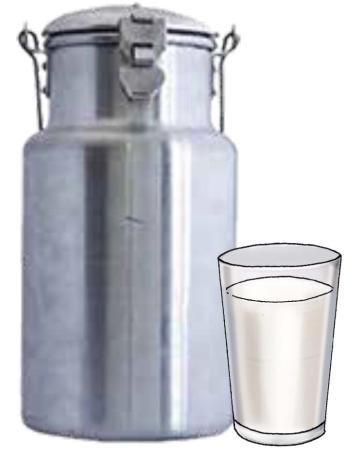Updated Generic C-IYCF Counselling Package, 2024 (UNICEF | 2024)

Key Messages
Included Images

|
Breastfeeding - Breastfeeding 6mo 0-6 mo - 01A - Non-country specific by UNICEF/URC-CHS |

|
Food - Good porridge - 02 - Non-country specific by UNICEF/URC-CHS |

|
Food - Runny porridge - 03 - Non-country specific by UNICEF/URC-CHS |

|
Hygiene - Washing the baby's hands 0-24 mo - 02B - Non-country specific by UNICEF/URC-CHS |

|
Time of Day - Evening - 05 - Nigeria by SPRING |

|
Time of Day - Morning - 01 - Nigeria by SPRING |

|
Food - Beans - 00J - Non-country specific by UNICEF/URC-CHS |

|
Food - Fruits and Vegetables - 00S - Non-country specific by UNICEF/URC-CHS |

|
Food - Eggs - 00D - Non-country specific by UNICEF/URC-CHS |

|
Objects - Straw mat - 00B - Non-country specific by UNICEF/URC-CHS |

|
Complementary feeding - Complementary feeding 6mo 6 mo - 02 - CIYCF23 by UNICEF/URC-CHS |

|
|

|
Food - Milk - 00c - CIYCF23 by UNICEF |

|
|

|
Food - Meats - 00b - CIYCF23 by UNICEF |


